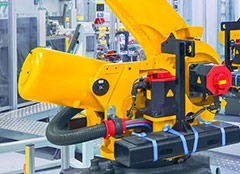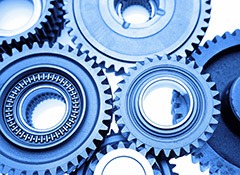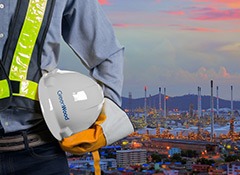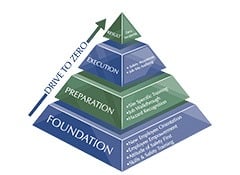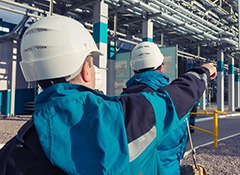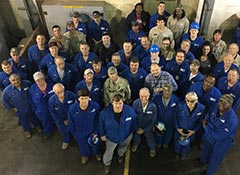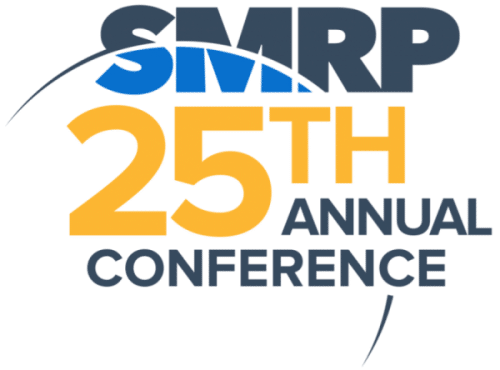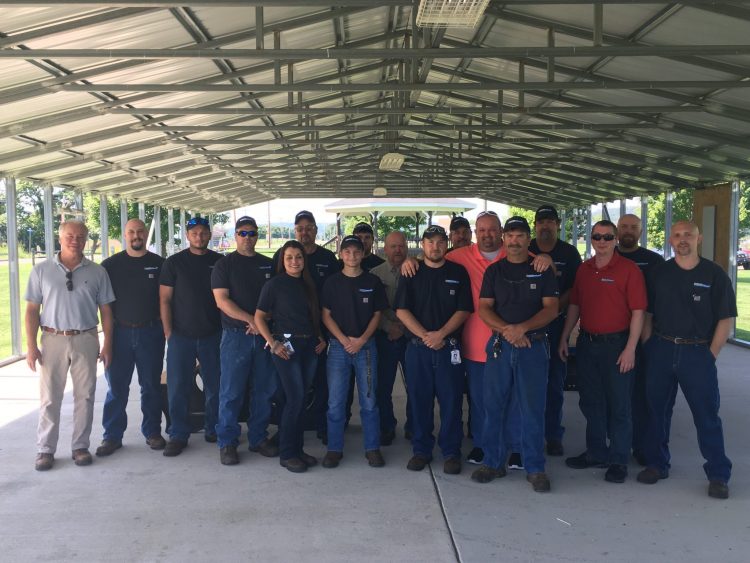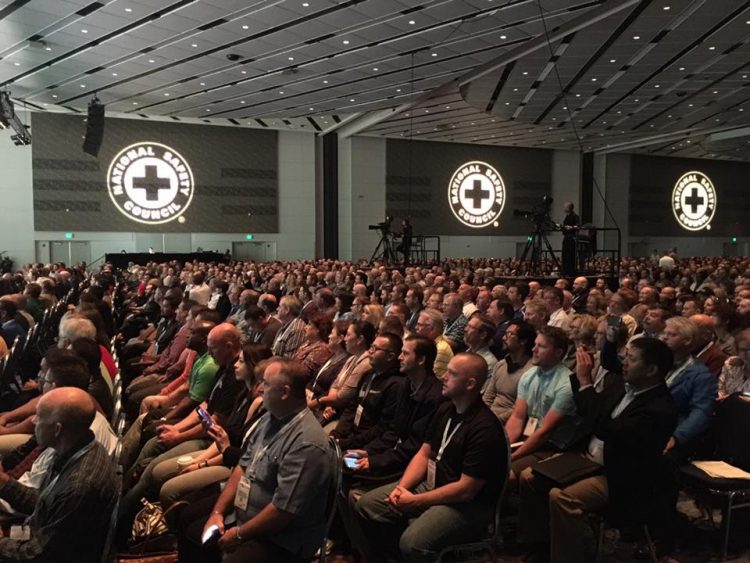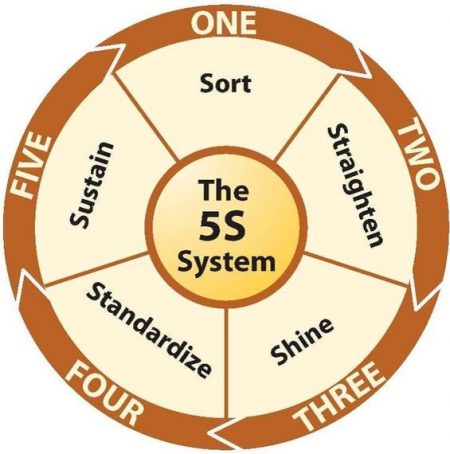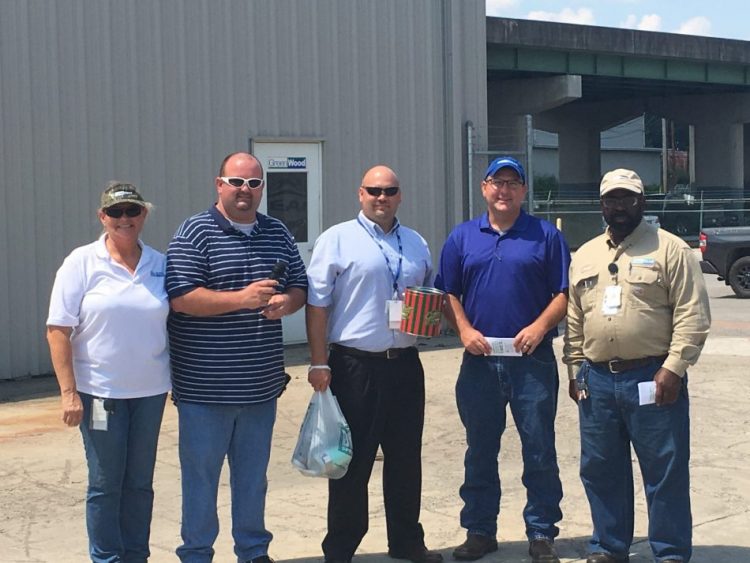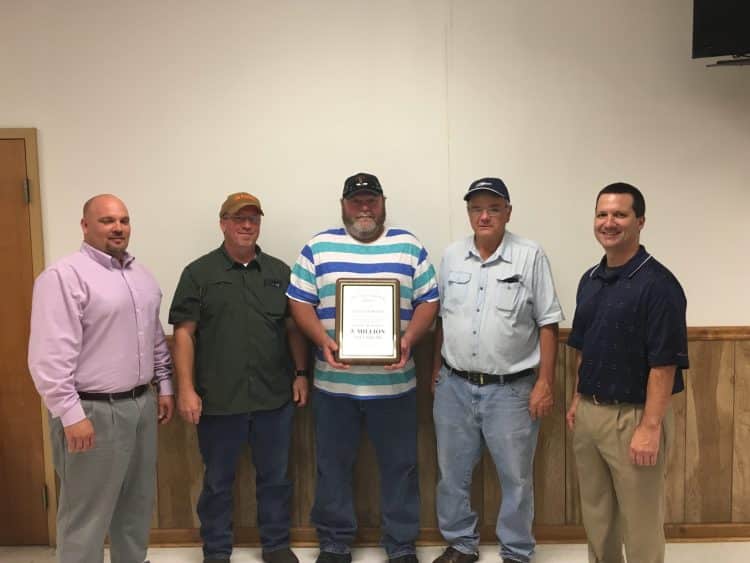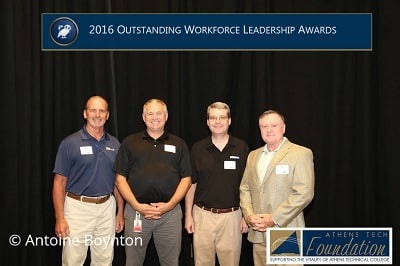As a company, GreenWood maintains a steadfast commitment to safety, customer satisfaction and quality services. In order to deliver on these commitments, we implement programs and leverage tools designed specifically for the work environment for continuous improvement. One of the key components to continuous improvement is 5S which is a management philosophy devoted to proper arrangement and orderliness of the workplace (gemba).
The 5S philosophy applies to any work area and is a key tool to eliminate waste also known as muda. Industrial markets typically categorize waste as Overproduction (manufacturing an item before it is needed), Excessive Inventory (Work-in-Progress from overproduction and waiting), Waiting (poor material flow), Motion (unnecessary and inappropriate movement), Transportation (moving product between processes), Rework (quality issues from defects), and Over Processing (use of high cost equipment when it isn’t necessary).
In order to achieve high levels of safety, quality, and productivity, workers must have a conducive working environment that is clean and organized. The elements of 5S are “Common Sense” and simple to learn:
- Sort – Eliminate whatever is not needed
- Straighten – Organize whatever remains
- Shine – Clean the work area
- Standardize – Schedule regular cleaning and maintenance
- Sustain – Make 5S a way of life
The benefits and advantages from implementing 5S can be tremendous and quantified:
- Visual management
- Improved safety
- Higher equipment availability
- Lower defect rates
- Reduced costs
- Provides visual organization
- Improved employee morale
- Better asset utilization
- Recognize normal/abnormal
- Enhanced enterprise image to customers, suppliers, employees, and management
When a company embraces 5S, it is establishing a solid foundation for continuous improvement. Through a team-based approach, workplace organization results in a safer environment with more efficient work processes. Typically, improvements are realized in productivity, quality and employee morale. Because the team takes ownership to manage the entire process, continuous improvement is sustainable.
